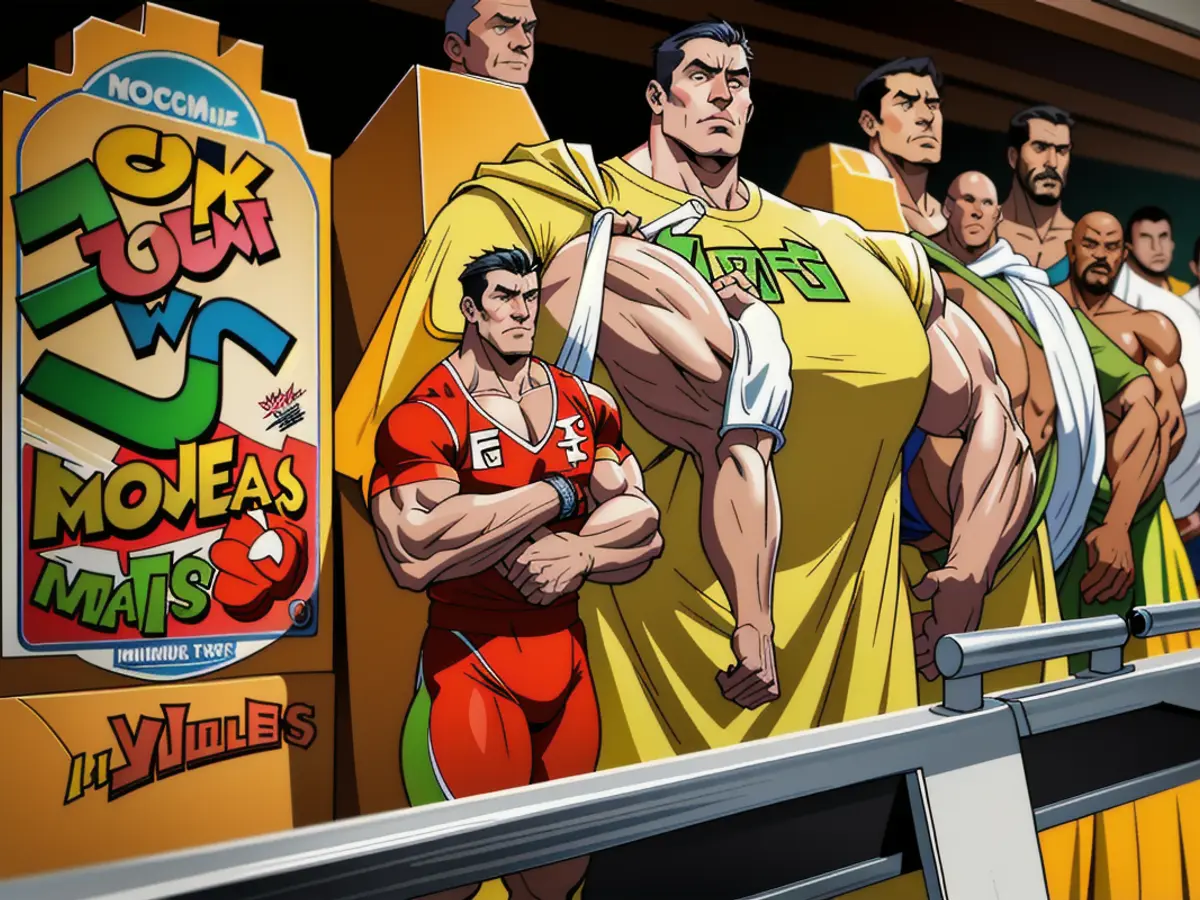Tropicana is experiencing significant financial struggles.
Tropicana, a fruit juice giant established in 1947 by an Italian immigrant, is currently grappling with financial struggles that hint towards bankruptcy. The company, owned by Tropicana Brands Group, which also manages Naked, KeVita, and other juice drinks, has witnessed a decline in sales and profits over the past few years. In fact, the company's revenue dropped by 4% last quarter, and income slipped by 10%, as reported by Debtwire.
Business analysts paint a grimmer picture, referencing Tropicana's European private equity firm owner, PAI Partners, which provided a $30 million emergency loan to the company, echoing a lack of confidence in regaining any value from their initial investment. Even PepsiCo, which still holds a minority stake in the company, decided to reduce the value of its investment by $135 million last quarter.

Tropicana's financial woes have raised concerns about how the company will manage its balance sheet, impacting both the juice giant and its invested partners. Supply chain disruptions, compounded by climate change influences like severe hurricanes in Florida and intense droughts in Brazil, have been major hurdles for the orange juice industry. Furthermore, health trend shifts and increased competition have squeezed Tropicana in both the lower and higher-end markets.

The top orange-producing region in the US, Florida, has suffered substantial losses due to unpredictable weather events and disease. As a result, orange production in the U.S. has declined significantly, and experts predict this year's orange production to be the lowest in over 88 years. With the industry suffering from various challenges, some suppliers like Alico, a significant citrus supplier for Tropicana, have decided to discontinue their citrus farming operations due to diminishing profits.

While consumer demand for orange juice has waned, soaring prices have made it harder for customers to afford this nutritious beverage. The growing occurrence of food inflation has further deterred customers from purchasing orange juice, particularly at dollar stores that cater to lower-income families. To counteract rising costs, Tropicana attempted to downsize their bottle sizes, but the move was unpopular among customers.

The notion of health has seen a paradigm shift in consumer preferences, positioning juice options like Tropicana as comparatively less attractive due to their relatively high sugar content. To stay competitive, Tropicana has introduced zero-sugar alternatives and limited-edition bottles, emphasizing natural ingredients. However, breaking away from its signature orange juice identity has been challenging, given its strong association with the brand.
Addressing these challenges calls for adaptability and innovation. To combat financial issues, Tropicana can explore resilient supply chain solutions, contemplate more competitive pricing, and adapt their product lines to align with evolving consumer preferences. In a rapidly evolving market, maintaining a forward-thinking approach and focusing on customer needs will help the company navigate its financial hurdles.
Despite Tropicana's financial struggles, some companies like Kevita, known for their probiotic drinks, have seen steady growth and benefits due to shifting consumer preferences towards healthier options. This contrasts with the average decline in sales and profits observed by many businesses, including PepsiCo, which holds a minority stake in Tropicana. If Tropicana successfully navigates its financial hurdles by adapting to market trends, it might regain some of the lost market share and potentially avoid bankruptcy.






